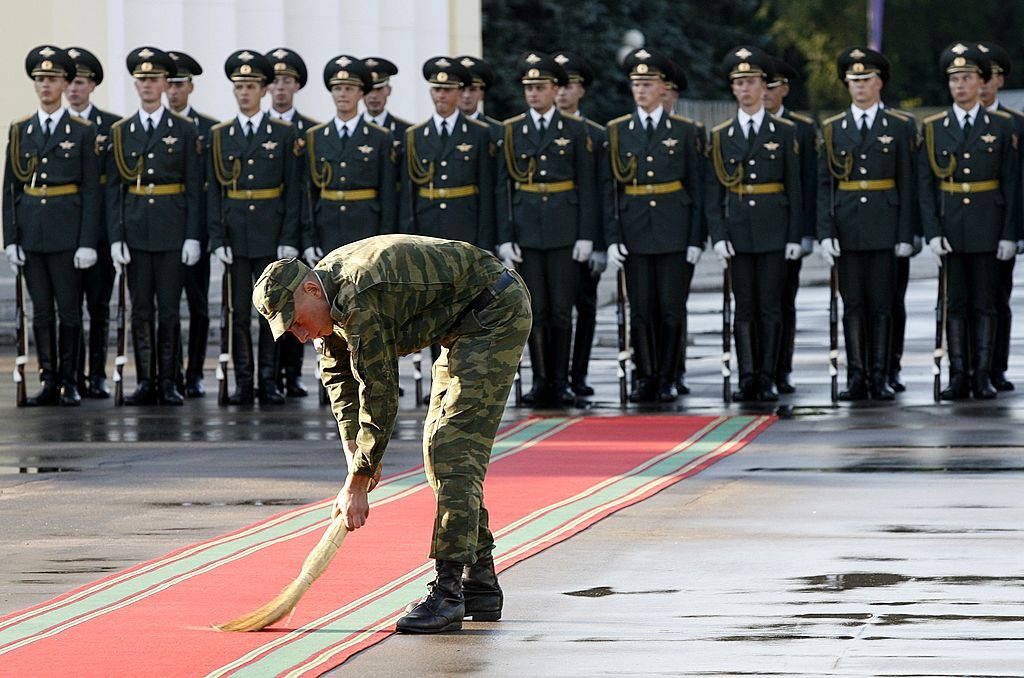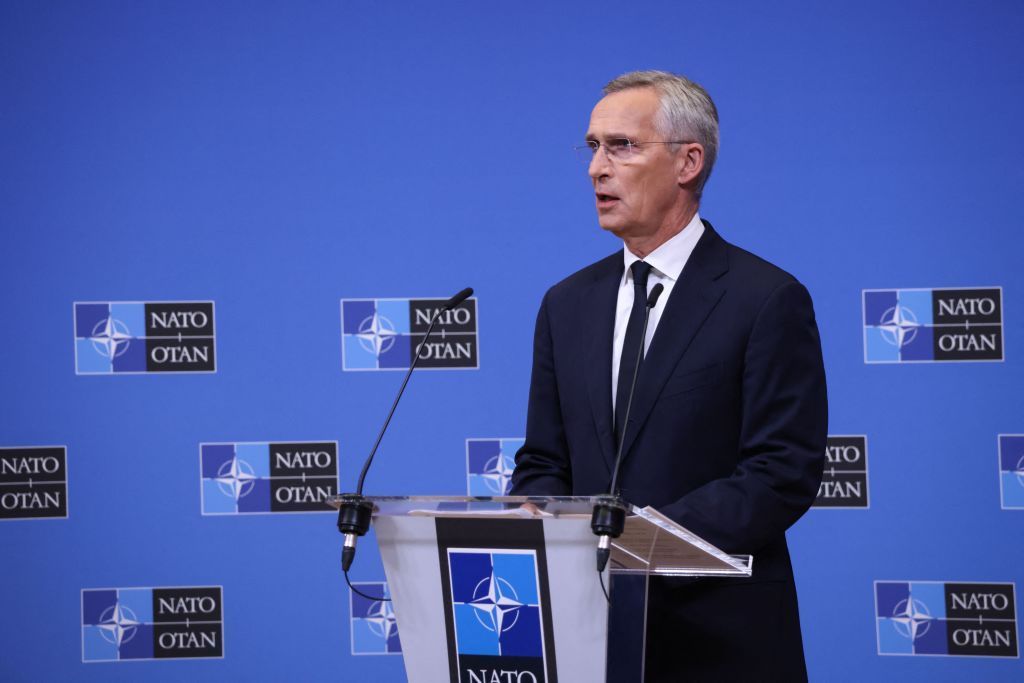ISW: Economic, military indicators suggest Russia is preparing for large-scale war with NATO

Some economic and military indicators suggest that Russia may be preparing for a large-scale conventional war with NATO, "likely on a shorter timeline than what some Western analysts have initially posited," the Institute for the Study of War assessed in its daily report on March 20.
Although not an imminent threat, the ISW assesses that Russian President Vladimir Putin's emphasis on growing Russia's economic and military capabilities is an indication that Russia is gearing up for conflict beyond "a protracted war in Ukraine."
Following Putin's rigged "victory" in the 2024 Russian presidential election, the Russian leader met with party faction leaders in the Russian State Duma, Russia's lower house, to emphasize Russia's priorities in growing the economy.
According to a readout released by the Kremlin, Putin emphasized the need to grow the "new elite" that will "will mature on the front," as opposed to supporting Russian oligarchs who have "lined their pockets" in amassing wealth through privatization and corruption after the fall of the Soviet Union.
The ISW suggests that by outlining a mandate to Russian political elites, Putin is likely seeking to "stabilize Russia's long-term financial position with increased government expenditure." Putin's willingness to risk his relationships with the wealthy strongmen who support him points to more expansive military ambitions.
Despite opposition from some Russian oligarchs at the start of Russia's full-scale invasion, a shift to a war-time economy will reportedly grow Russia's gross domestic product (GDP) by 2.6 percent this year, with 3.6 percent growth in 2023.
The ISW also assessed that an expansion of Russia's military capabilities, as well as military restructuring, are indicators that Russia is setting conditions for the possibility of future direct conflict with NATO.
The ISW gave no timeline as to when they believe a direct conflict with NATO may play out, noting that a timeline for Russia's preparedness to launch an attack against NATO is heavily reliant "on the financial resources Putin is willing to put against military efforts."
Putin on Dec. 17, 2023 denied having ambitions to attack any NATO member states. These denials stand in contrast to his escalating nuclear rhetoric.
A number of Western leaders have warned of the long-term threat Russia's expansionism poses to NATO countries. Polish President Andrzej Duda said on March 19 that Russia may attack NATO as early as 2026 or 2027. Poland's national security agency has previously estimated that Russia could attack NATO in less than 36 months.
Polish assessments fall in line with assessments made Danish Defense Minister Troels Lund Poulsen, who estimated on Feb. 9 that Russia may attack NATO within three to five years.
NATO Secretary-General Jens Stoltenberg has warned that NATO must prepare itself for a confrontation against Russia "that could last decades."
An armed attack on a NATO state triggers the Alliance's Article 5, requiring allies to consider an attack against one member as an attack against the collective and render any military assistance necesssary.












